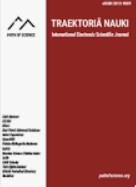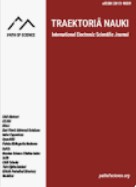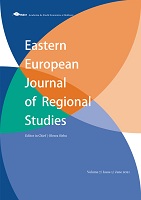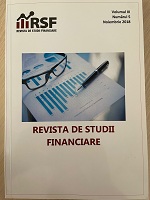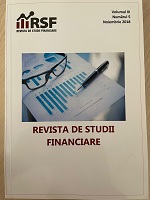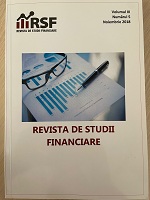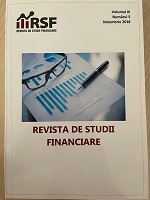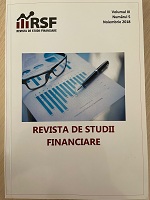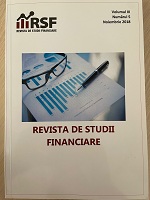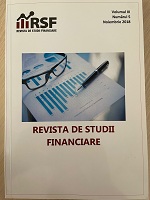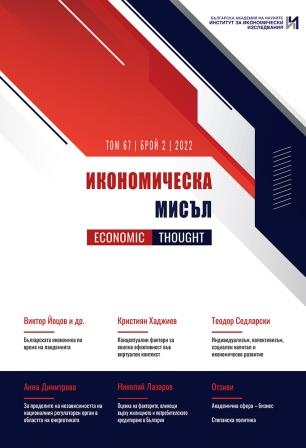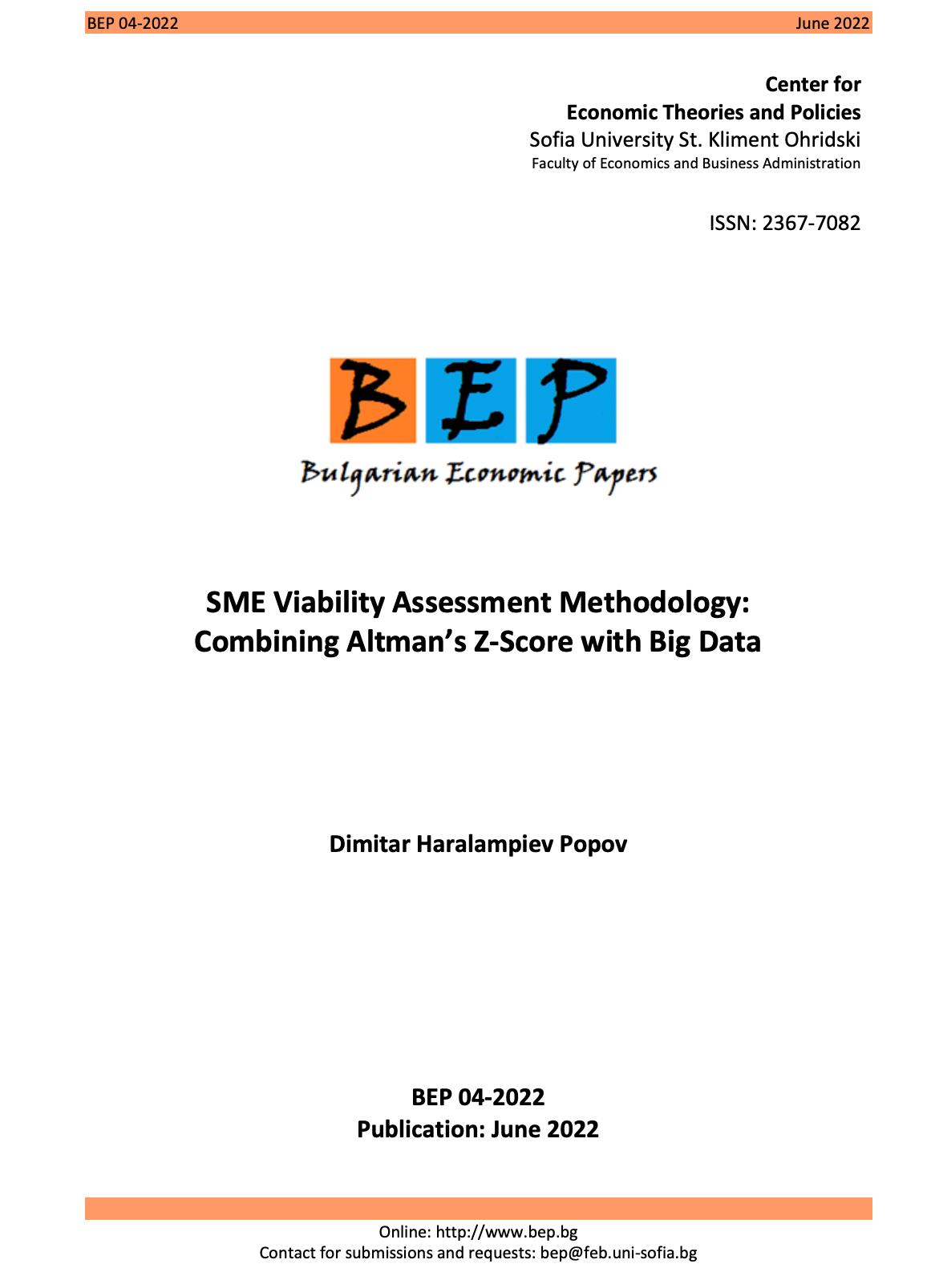
SME Viability Assessment Methodology: Combining Altman’s Z-Score with Big Data (1999-2020)
Due to their important place in an economy, small and medium enterprises (SMEs) viability is the focus of numerous scientific studies, European and national programs. One of the most widely used viability prediction model is Altman’s Z-score. Altman’s classical models are not suitable for all situations, though. SMEs’ large nominal number in an economy presents another challenge to researchers. One possible solution to this issue is to use data mining tools that can lead to new knowledge discovery. Data mining is the result of a natural evolution of information technology. The cross industry standard process for data mining (CRISP-DM) is a methodological framework for researching large amounts of data. This paper aims to outline the characteristics of Altman’s Z-score and CRISP-DM, and propose combining them into a methodology for predicting SMEs’ viability.
More...
